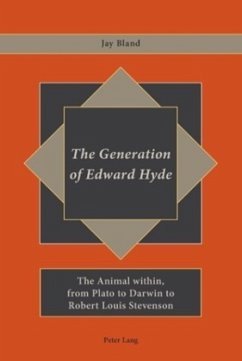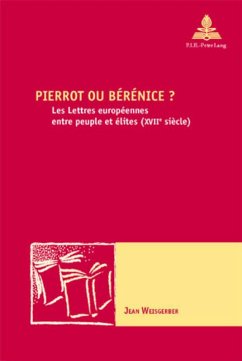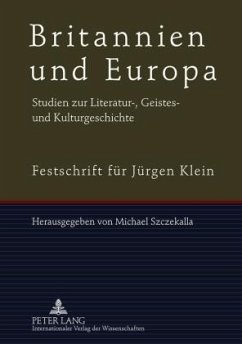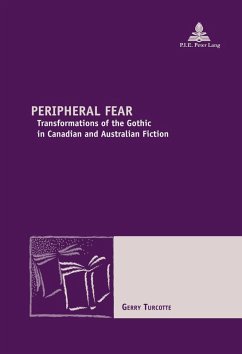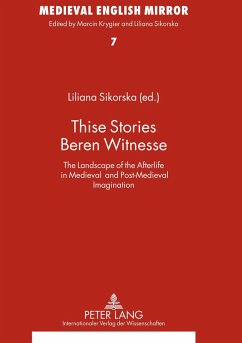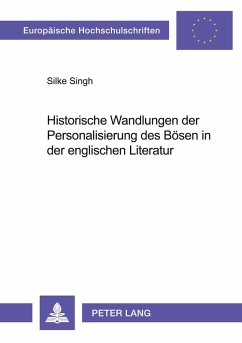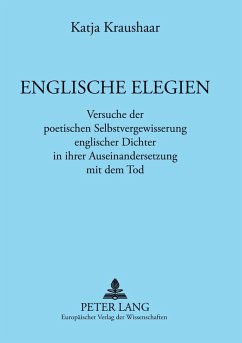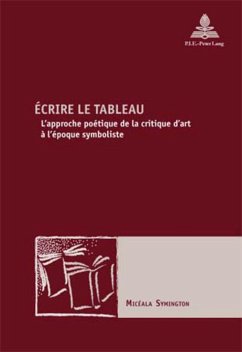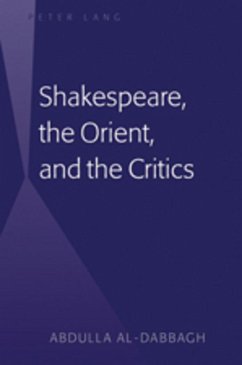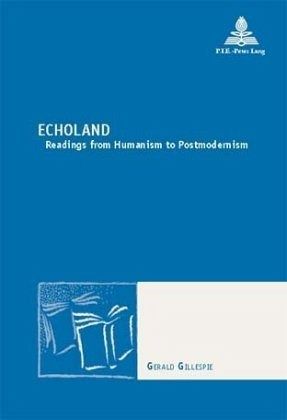
Echoland
Readings from Humanism to Postmodernism
Versandkostenfrei!
Versandfertig in 6-10 Tagen
63,95 €
inkl. MwSt.

PAYBACK Punkte
0 °P sammeln!
This book follows several major European literary "echoes" still reverberating since the mysterious emergence of such archetypal figures as Faust, Hamlet, Quixote, and Don Juan alongside lingering ancient and medieval protagonists in the Renaissance.Four centuries of attempts to redefine "modern" identity are traced against the evolution of a new genre of totalizing encyclopaedic literature, the "humoristic" tradition which re-weaves the positive and negative strands of the European, and today also New World, "grand narrative."The book's method, inspired by Joyce, is to "listen" to recurrent m...
This book follows several major European literary "echoes" still reverberating since the mysterious emergence of such archetypal figures as Faust, Hamlet, Quixote, and Don Juan alongside lingering ancient and medieval protagonists in the Renaissance.
Four centuries of attempts to redefine "modern" identity are traced against the evolution of a new genre of totalizing encyclopaedic literature, the "humoristic" tradition which re-weaves the positive and negative strands of the European, and today also New World, "grand narrative."
The book's method, inspired by Joyce, is to "listen" to recurrent motifs in the cultural flow from Humanism to Postmodernism for clues to an identity transcending the personal.
Four centuries of attempts to redefine "modern" identity are traced against the evolution of a new genre of totalizing encyclopaedic literature, the "humoristic" tradition which re-weaves the positive and negative strands of the European, and today also New World, "grand narrative."
The book's method, inspired by Joyce, is to "listen" to recurrent motifs in the cultural flow from Humanism to Postmodernism for clues to an identity transcending the personal.



